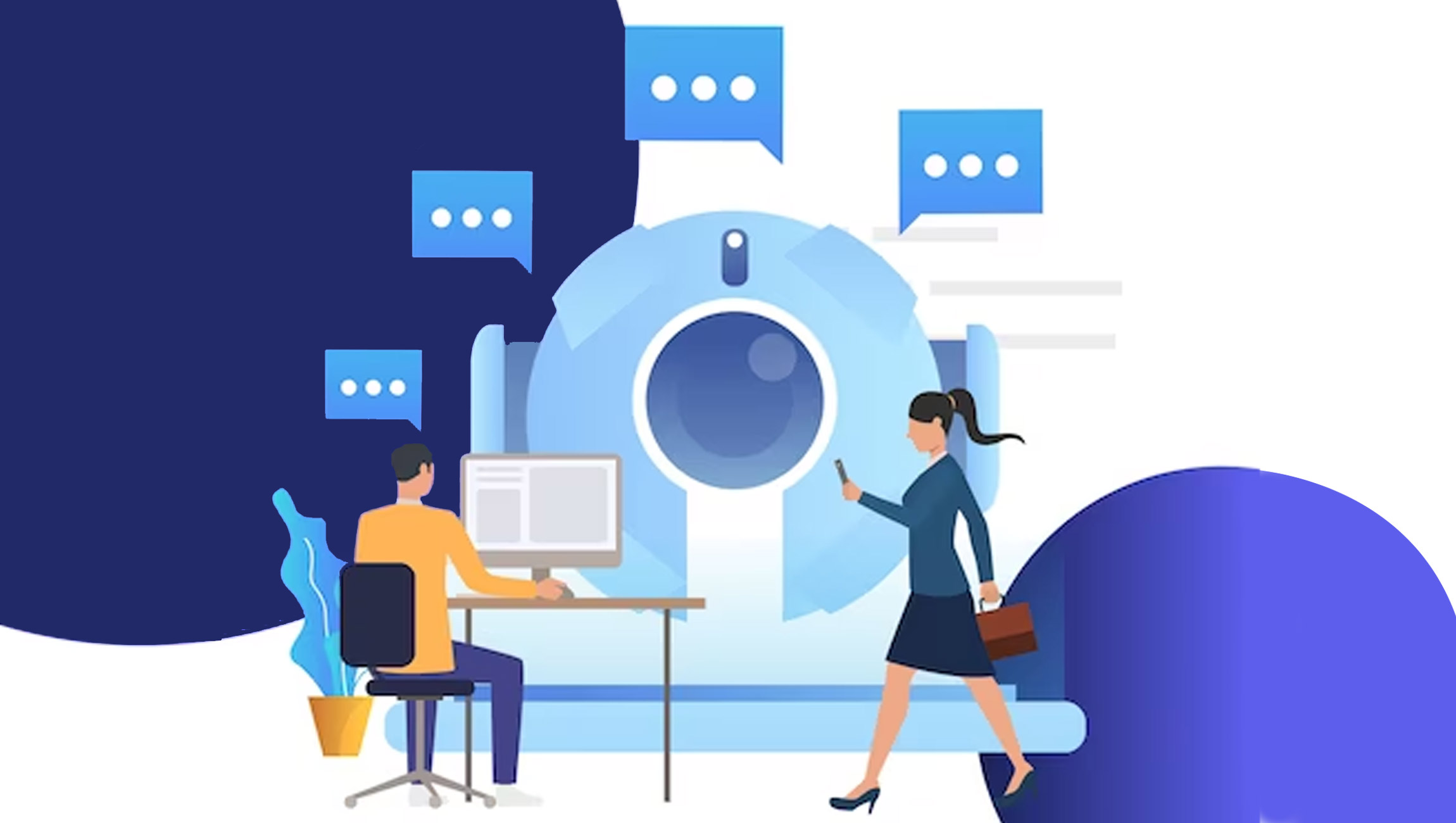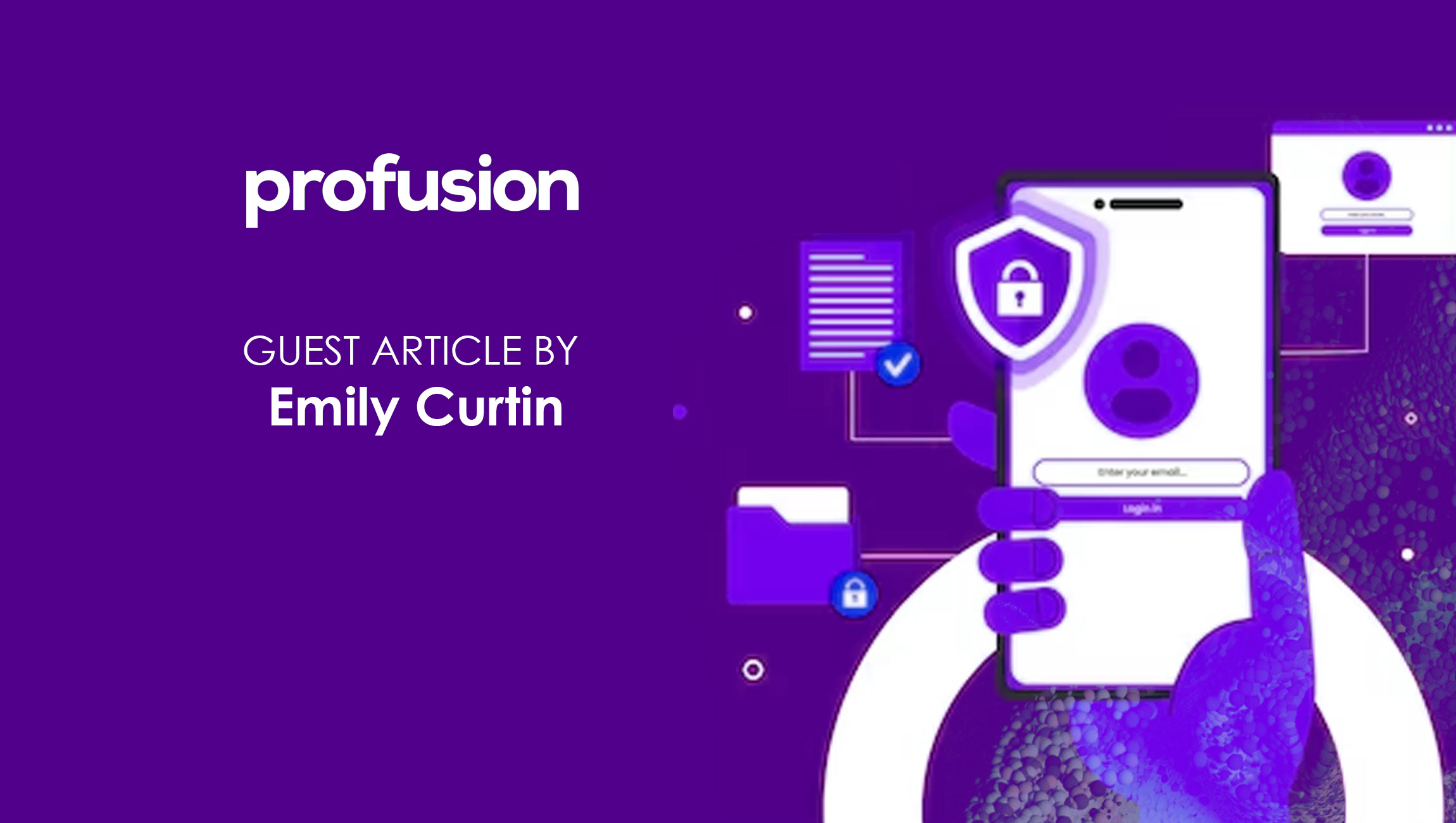Marketing and advertising is being transformed by artificial intelligence (AI). For starters, big data’s abilities make it ideal for deriving conclusions from substantial amounts of data. Second, it can better target product recommendations by identifying browsing and purchasing activity patterns. Additionally, it makes sense that some of these tools take the shape of intelligent virtual, or AI, email assistants given that email is one of today’s most important business-related parts. Finally, these technologies can assist small businesses in moving toward effective client communication. A few ways in which these email assistants are bringing paradigm changes in the market have been highlighted below:
1. Email Assistants Powered by AI Can Pre-Qualify Leads for You
Prequalification is an important step. However, it takes a lot of time and requires salesmen to interrupt their efficient routines. The main reason your sales team can’t efficiently contact every lead is a lack of time. When customers are ready to convert, they move on to the business with the fastest response. At the same time, a sales representative is fielding inquiries and gathering data from leads early in the funnel. Email assistants driven by artificial intelligence (AI) can send automatic replies to potential consumers, freeing you from tedious work. Your email assistant using AI, will respond to potential clients by asking them a series of pre-planned questions and utilize the customer’s responses to provide additional resources or schedule a meeting so you can speak with them.
2. Automate Meetings
Email scheduling frequently involves a lot of back and forth between all parties. Thankfully, scheduling is one task that AI email assistants can handle for us. These assistants become smarter as they understand your preferences, thanks to machine learning. For example, if you frequently skip morning meetings, the assistant may notice this and schedule meetings later in the day. These helpers will also free up your time so that you can focus on things that are more urgent and call for more attention by allowing you to avoid the difficulties of scheduling and having everyone on the same page.
3. You Can Write Your Emails More Quickly With AI
Although it can be challenging to tailor content at scale, three out of four B2B marketers think customization increases engagement rates. For almost any circumstance, there are response templates accessible, although they typically sound generic. AI assistants can use information you’ve already gathered about the client in your CRM or other databases to quickly create emails that address the individual and their particular issues. Additionally, AI-enabled products can employ algorithms to recognize and imitate your writing style, automatically rectify improper grammar and enhance style through word choice. These tools can help you write more efficiently by speeding up repetitious material, like salutations and greetings, so you can focus on informative and communicative writing.
Marketing Technology News: MarTech Interview with Karen Ng, SVP of Product and Partnerships at HubSpot
4. Triaged And Sorted Emails
You already spend a significant amount of time looking through and sorting through emails, so anyone who receives dozens or even hundreds of emails daily needs a time-saving tool that reads, routes, and replies to emails. Fortunately, email helpers are examples of such technologies. As a result, you won’t have to waste time opening emails simply to designate them as unread when you learn they’re a low priority by doing all the sorting for us. Instead, the helper can take up the bulk of the task and do everything.
5. Follow-Up emails
Additionally, virtual assistants can examine your customers’ purchasing patterns to generate data-backed predictions about the goods they are most likely to purchase. They can then go above and beyond by sending personalized follow-up emails, which is particularly helpful in the e-commerce sector because they put the right goods in front of the right customers. Virtual assistants, for instance, can manage everything; when they notice new products on your site, they can advertise them to clients weekly. This saves you time from spending hours choosing things for your newsletter. In addition, when someone buys anything that can be purchased in cycles, like skin care goods, the assistant can produce emails to target that person specifically for that particular product. They can also build weekly newsletters to cross-sell products that go well with previously purchased products.
Due to communication gaps, issues with revenue attribution, and general competitiveness, aligning your marketing and sales staff has always been a difficult nut to crack. By analyzing and learning from data, keeping teams flexible, and providing quick suggestions to convert leads, a CRM with AI can be the link that unites these disparate poles in your organization. A mental barrier against AI has always existed since it might prevent you from personalizing and tailoring your communication to prospects and customers. However, a user-friendly CRM with built-in AI can boost your sales and marketing efforts. Your sales staff can benefit from several duties that an AI-powered email assistant can perform to save time and increase engagement.
Marketing Technology News: The Balancing Act of CX: Privacy Awareness and Personalization











